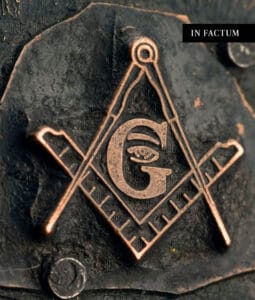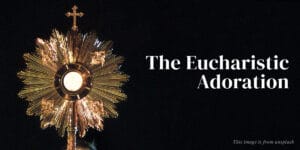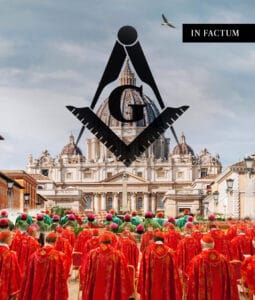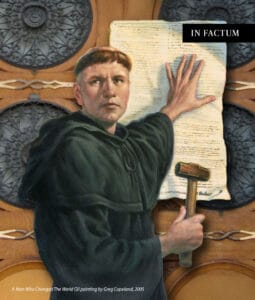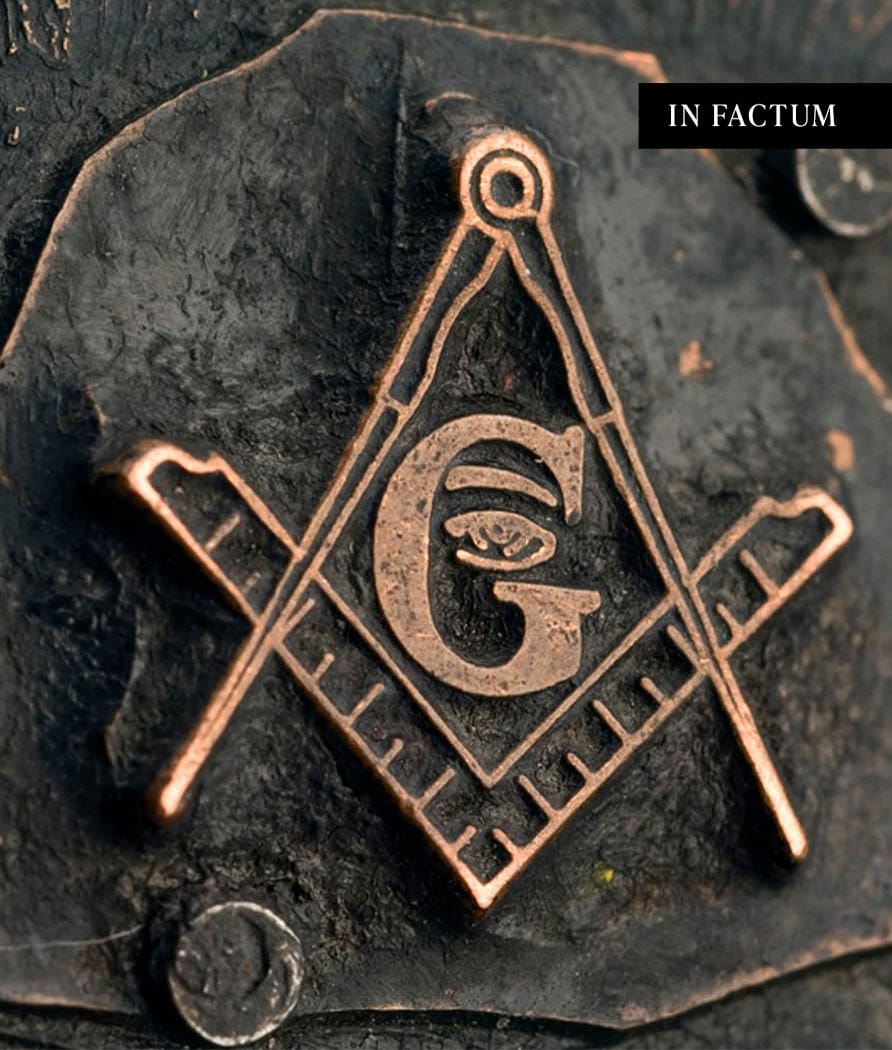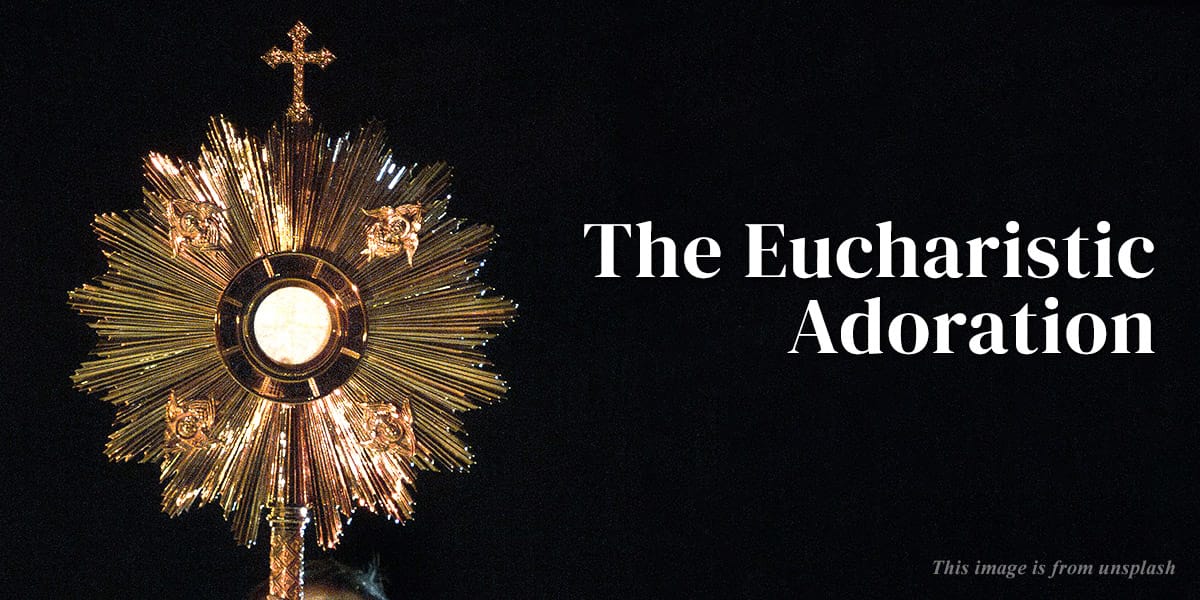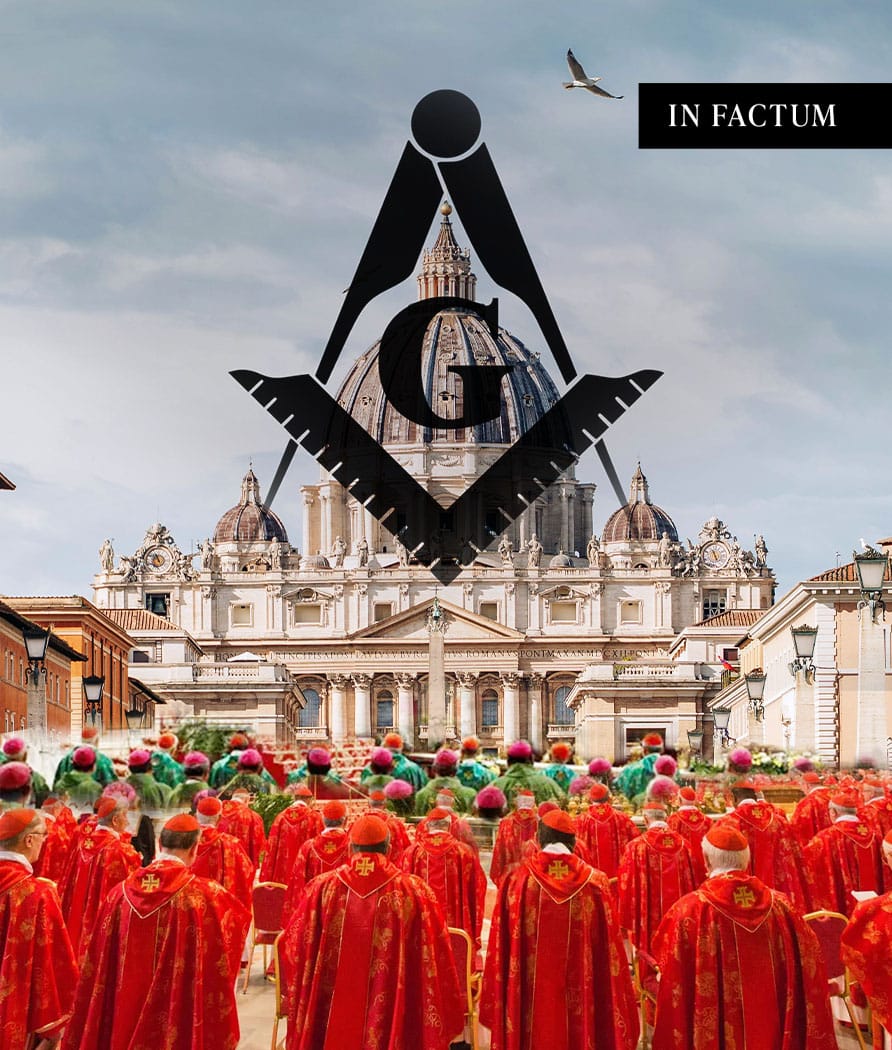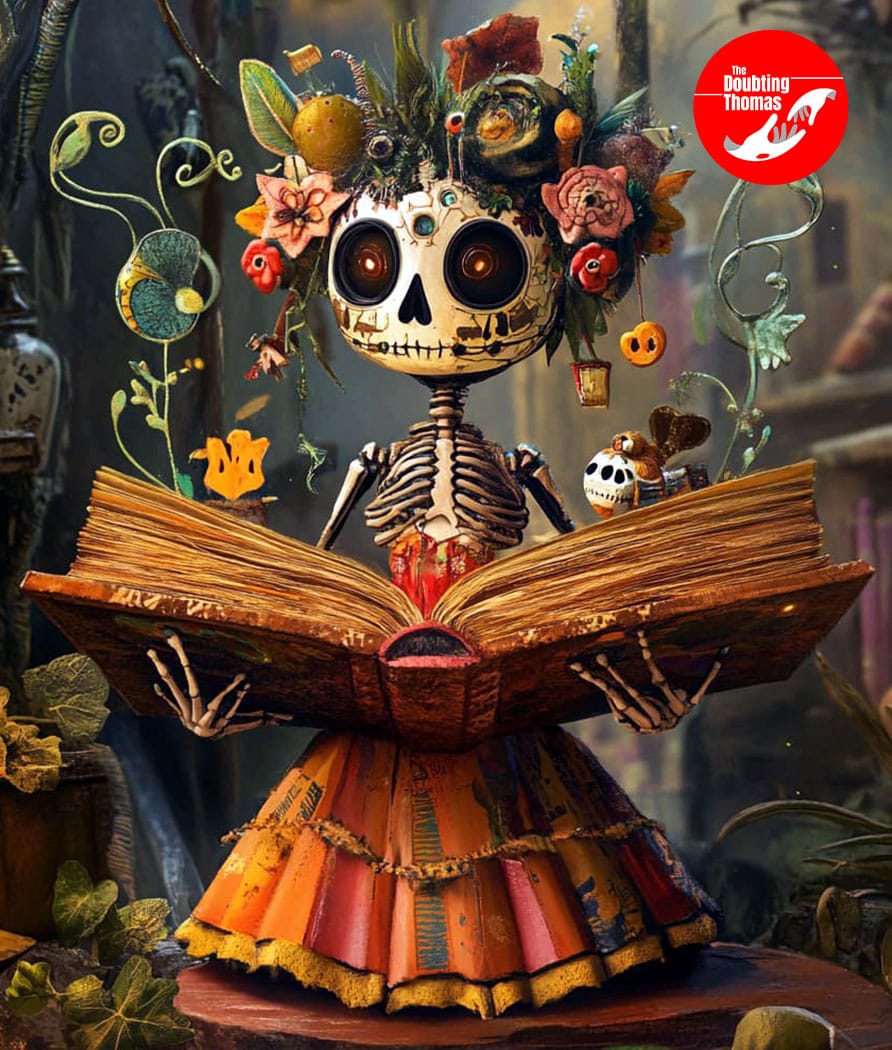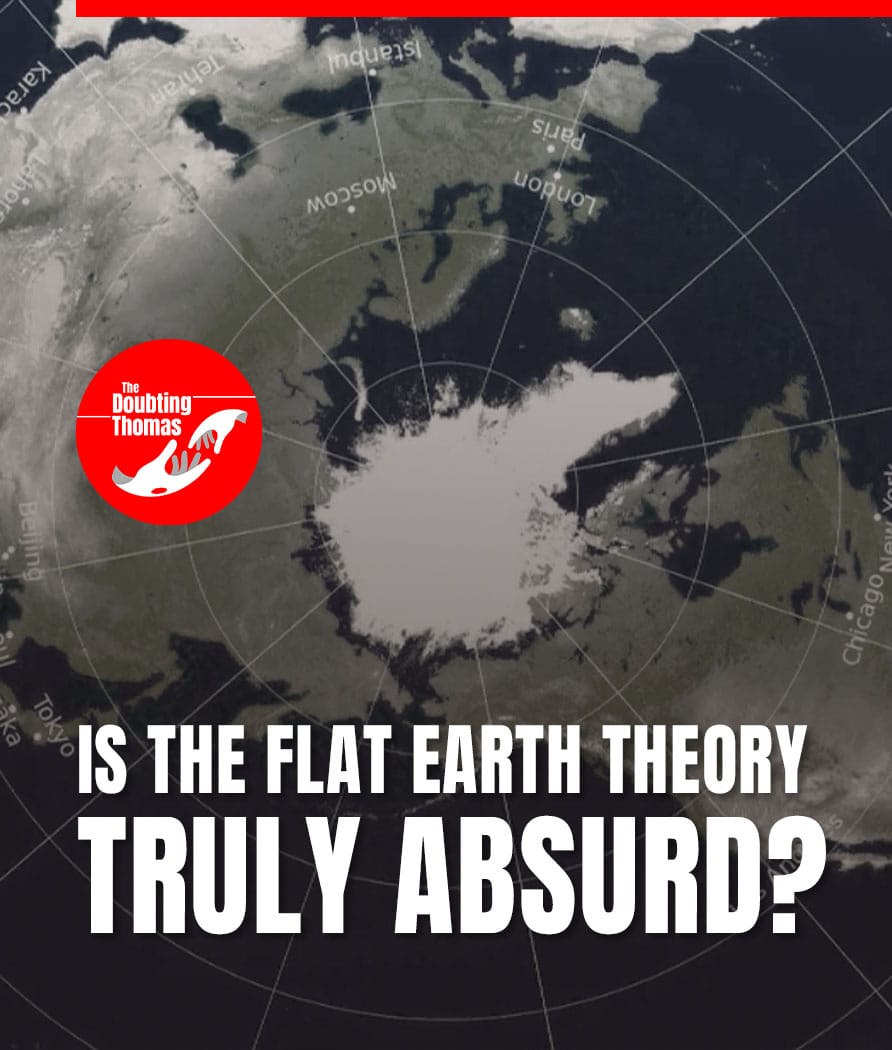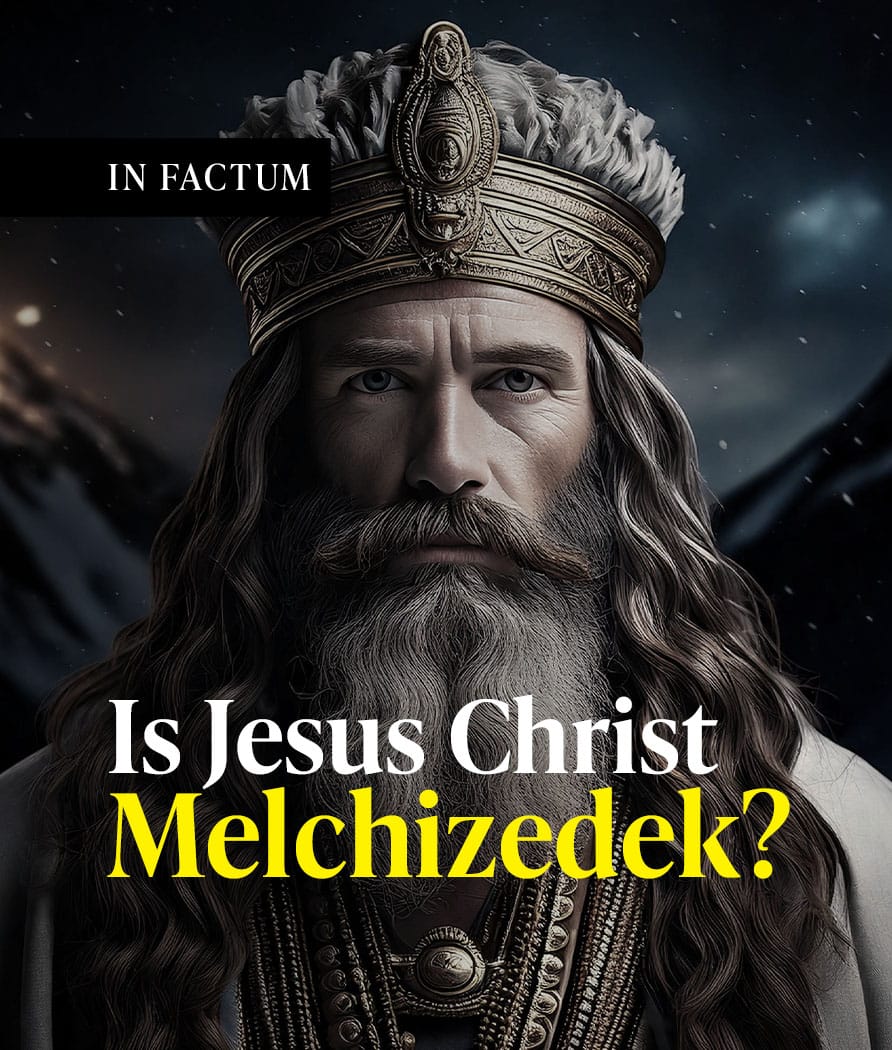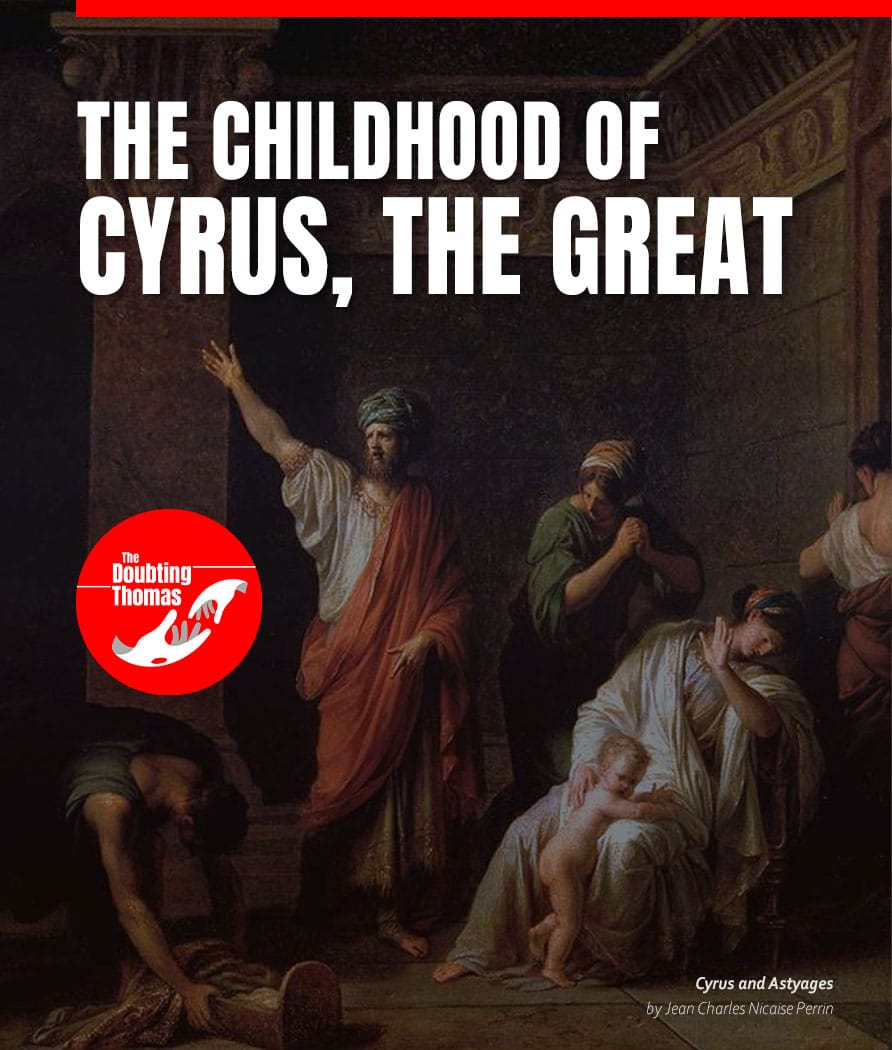Why Catholics pray for the Dead?
Catholics pray for the dead so they can live in peace in Heaven together with God, the Blessed Virgin Mary, the Angels and the Saints.
Why they need to be prayed?
Some souls are not directly going to Heaven when they departed from this world. Some souls have to go to Purgatory before they go to Heaven.
What is the Purgartory?
The Purgatory is a place where the soul needs to be purified before going to heaven.
Is Purgatory written in the Bible?
Yes, it was described in Matthew 5:26 and Luke 12:59 that you cannot enter to heaven until all debts are paid. Which means a person that has small sins or venial sins cannot enter the kingdom of heaven. In 1 Corinthians 3:15, a man shall be saved but through fire. The purgatory has a fire that cleansed our sins away from our soul. Then in Revelation/Apocalypse 21:27 said that nothing unclean shall enter the kingdom of Heaven. That is why the purgatory is needed to clean the souls so it can enter the kingdom of Heaven.
But why the word Purgatory is not in the bible?
The word purgatory cannot be found in the bible but the descriptions about the purgatory exists. The Catholic Church named this place as purgatory.
Is it written in the Bible that we have to pray for the dead?
Yes, it is written in the Book Maccabees:” It is therefore a holy and wholesome thought to pray for the dead, that they may be loosed from sins.” – 2 Maccabees 12:46.
But why I can’t find the Book of Maccabees in my Bible?
The Book of Maccabees can be found in the Catholic Bible. The Catholic Church compile all the sacred scriptures in one book which is the Holy Bible. But, when the Protestant Reformation began, the protestants removed the books that contradicts their false teachings, and the Book of Maccabees is one of them. If you can’t find the Maccabees in your Bible, you might own a Protestant Bible, not the Catholic Bible.
But why do some Catholics believe that when their loved ones died, they will go straight to heaven?
It is sad that some of our brothers and sisters in our church believe this because of the influence of the protestants and the Vatican II Council. Because of this belief, some Catholics didn’t pray for the dead especially for their love ones who are now in purgatory. If we don’t pray for them, their souls still remain in the purgatory. Our prayers help them to purify their souls and finally go to Heaven.
Is it wrong to assume that the person is now in heaven after death?
What we know is that only God knows who will go to heaven, who will stay temporary in purgatory to receive purification and who will go to hell. We never know what happens to the soul after death, but we must pray for them and continue to pray for them.
Do the Saints go through the Purgatory?
Yes, the saints also go through the purgatory if they still have stained of venial sins. The souls in purgatory are often called “The Holy Souls in Purgatory”.
What about the souls in purgatory that we don’t know? How can we pray for them?
Even you don’t know the person or their names who are currently in purgatory, we still have to pray for them to God by saying “Help all the Holy Souls in Purgatory”. It is a good thing that our Church never forget the Holy Souls in Purgatory by praying for them in the Holy Mass, especially in the Monthly Requiem Mass. You can request a mass or include the names of your departed ones.

